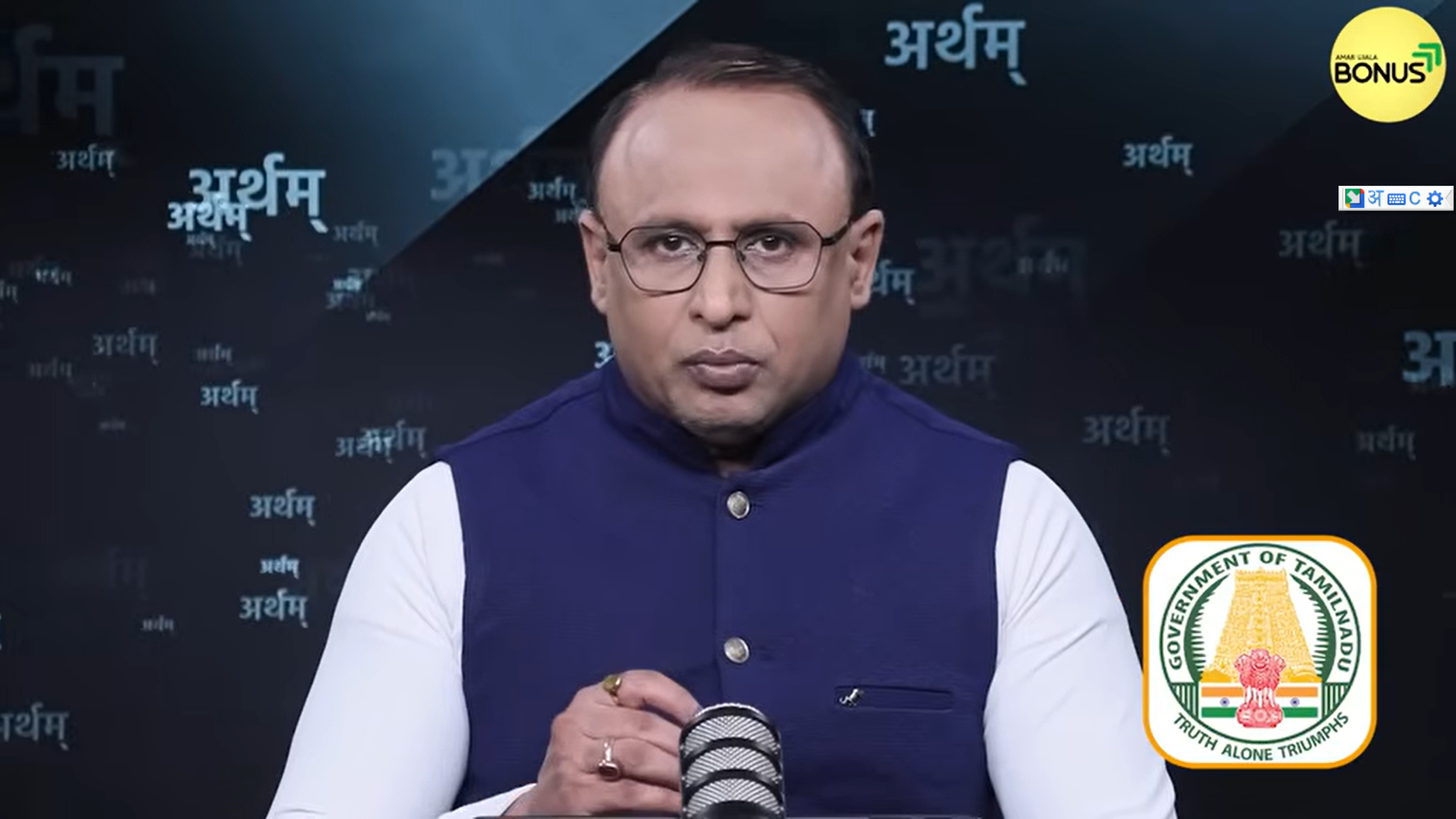
#WeekendProductivity #SelfDevelopment #SkillBuilding #Spirituality #WorkLifeBalance
हिंदी और अंग्रेज़ी संयुक्त संक्षिप्त शीर्षक
“वीकेंड्स: मौज-मस्ती, आत्मविकास या कौशल विकास?”Weekends: Fun, Spiritual Growth or Skill Sharpening?
प्रस्तावना
हम सबकी जिंदगी में वीकेंड या छुट्टियाँ एक अनमोल मौका होती हैं— आखिर पूरे हफ्ते की भागदौड़ के बाद, शरीर और मन को थोड़ा सुकून चाहिए। भारत जैसे देश में, जहां विकास और व्यक्तिगत सफलता को लेकर बातें चलती रहती हैं, वहां यह सवाल अहम हो जाता है: “क्या हमारे वीकेंड का तरीका, हमारे देश की प्रगति और गरीबी से किसी तरह से जुड़ा है?” क्या हमें अपने वीकेंड्स को केवल मौज-मस्ती और आराम में गंवा देना चाहिए, या फिर आत्मविकास, आध्यात्म प्राप्ति और कौशल बढ़ाने में लगाना चाहिए?
भारतीय समाज में वीकेंड और छुट्टियों का प्रचलन
भारतीय संस्कृति में पारंपरिक रूप से वर्क वीक का कॉन्सेप्ट बहुत अलग था। यहाँ संयुक्त परिवार, किसानी, और अपना कारोबार होता था तो रोज़ के काम का बँटवारा था। धीरे-धीरे ऑफिस कल्चर, शिक्षा, और कॉर्पोरेट की वजह से भी वीकेंड का कॉन्सेप्ट आया। अब वीकेंड और छुट्टियाँ हर किसी के जीवन का हिस्सा हैं:
-
अधिकतर लोग वीकेंड पर मॉल जाना, बाहर खाना, मूवी, शॉपिंग या ट्रैवलिंग पसंद करते हैं।
-
युवा पीढ़ी सोशल मीडिया, पार्टी, गेम्स आदि में समय बिताती है।
-
परिवार के साथ घरेलू कामकाज, कुछ स्पेशल पकवान बनाना, पुराने दोस्तों से मिलना भी आम है।
वीकेंड की यह “मौज-मस्ती”
-
यह कई लोगों के लिए मानसिक ताजगी का ज़रिया है।
-
कुछ के लिए यह ‘Escapism’ यानी जमीनी चुनौतियों से भागने का तरीका बन जाती है।
-
कभी-कभी, यह खर्चीली और थका देने वाली हो जाती है, जिसमें न कोई ज्ञान, न कोई आत्मविकास।
क्या मस्ती, घूमना-फिरना या ऐश करना ही गरीबी और विकास रुकने की वजह है?
कई बार यह कहा जाता है कि हम भारतीय अपने वीकेंड या छुट्टियाँ प्रोडक्टिविटी तथा आत्मविकास की जगह खाली enjoyment में बर्बाद कर देते हैं। इससे यह सवाल उठता है: क्या वाकई में ऐसा करना हमारे देश की गरीबी, बेरोजगारी या अंडरडेवलपमेंट का कारण है?
कारणों की सच्चाई
-
भारत की बड़ी जनसंख्या, असमान शिक्षा, भ्रष्टाचार, संसाधनों की कमी, स्किल गैप, सरकारी नीतियों की जटिलता आदि अंडरडेवलपमेंट के बड़े कारण हैं।
-
वीकेंड पर मौज या आराम मौलिक तौर पर इसका कारण नहीं, पर ‘habitual relaxation’ यानी लगातार आराम व उत्पादक कार्यों की अनदेखी, पर्सनल ग्रोथ व स्किल गेप को बढ़ाता है।
-
विकसित देशों में भी लोग छुट्टियाँ मनाते हैं, पर्यटन, मस्ती सब चलता है, लेकिन वहां लोगों की productivitiy और समय के सही उपयोग का संतुलन भी है।
समस्या कहाँ आती है?
-
समाज में सीखने, नई स्किल्स अपनाने और आत्मविकास की प्रवृत्ति कम हो गई है।
-
‘Short-term pleasure’ यानी तुरंत आनंद की लत लगना, लंबी अवधि के लक्ष्यों से भटका देती है।
-
छुट्टी को केवल सैर-सपाटे या आराम का ही नाम देना, बड़ी विफलता है।
-
फिजूल खर्ची और ‘Show-off’ कल्चर बढ़ रहा है, जो न तो आर्थिक रूप से विवेकपूर्ण है और न सामाजिक रूप से लाभकारी।
वीकेंड में आध्यात्मिकता और आत्मविकास की भूमिका
प्रश्न है: “क्या वीकेंड्स पर आध्यात्मिकता या स्किल डेवेलपमेंट पर ध्यान देना चाहिए?”उत्तर है—हां, आवश्यकता है संतुलन की।
आध्यात्मिकता क्या है?
-
आध्यात्म लोक व्यवहार से ऊपर, अपने भीतर झांकना, आत्मनिरीक्षण, मानसिक संतुलन, और अपने उद्देश्य को जानना है।
-
वीकेंड पर मेडिटेशन, योग, ध्यान, भक्ति, या किसी आध्यात्मिक ग्रंथ का अध्ययन आपको उन्नति की ओर ले जाता है।
-
इससे मानसिक तनाव घटता है, clarity बढ़ती है, और लंबी अवधि में आप अपने लक्ष्यों के प्रति सजग रहते हैं।
स्किल डेवेलपमेंट क्यों जरूरी?
-
आज के युग में ‘Skill is Power’—भाषा, कम्युनिकेशन, प्रॉफेशनल स्किल, कंप्यूटर, डिजिटल स्किल्स, फाइनेंशियल समझ आदि जीवन बदल सकते हैं।
-
वीकेंड को हर हफ्ते कुछ नया सीखने—कोई ऑनलाइन कोर्स, नई भाषा, टेक्निकल स्किल, पर्सनैलिटी डेवलपमेंट या रीडिंग का समय देना चाहिए।
-
इससे जॉब मार्केट में कम्पीटीशन से लड़ने और बेहतर जीवन पाने में मदद मिलती है।
संतुलन कैसे लाएं?
-
जरूरी नहीं आप हर वीकेंड बस काम या पढ़ाई करें।
-
कुछ समय में खुद को ‘रेचार्ज’ करने, मौज-मस्ती करने में कोई बुराई नहीं।
-
कुछ समय सेल्फ़ रिफ्लेक्शन, सोच विचार, योग, और नई चीजें सीखने में लगाएं।
-
वीकेंड को ‘Growth Weekend’ बनाएं, जहां self-care और self-improvement दोनों मौजूद हों।
भारत की हालत: मस्ती vs. प्रोडक्टिविटी
वास्तविक उदाहरण और परिप्रेक्ष्य
-
शहरों में एक बड़ा तबका, वीकेंड सिर्फ बाहर खाने, OTT binge, या शॉपिंग में खर्च कर देता है। इससे short-term dopamine तो मिलती है, लेकिन long-term growth फीकी रह जाती है।
-
छोटे शहरों/गांवों में कई लोग नौकरी या पढ़ाई के अलावा खेती, side business या skill सीखने/काम करने में वीकेंड का इस्तेमाल करते हैं—इसी से आगे बढ़ते हैं।
-
कंपनियों या स्टार्टअप्स में काम करने वाले युवा weekend को Hackathons, Workshops, Skill-Building Sessions, Volunteer Activities में बिताते हैं और तेजी से विकसित होते हैं।
क्या करना चाहिए?
-
आदतें ही भविष्य का निर्माण करती हैं।
-
जो लोग वीकेंड में आराम, सीखने और सेल्फ़-इंप्रूवमेंट का तालमेल बिठा लेते हैं, वही आगे चलकर बेहतर जॉब, अच्छी सामर्थ्य, और बेहतर जीवन जी पाते हैं।
-
हर वीकेंड को एक नई स्किल, नया अनुभव या कोई self-upgrade देने लायक बनाएं।
सामाजिक-आर्थिक फायदे
-
व्यक्तिगत स्तर पर स्किल व स्मार्टनेस निखरती है।
-
कर्मयोग, सेवा, वॉलेंटियरिंग से समाज को भी फायदा।
-
लम्बी उम्र तक स्वस्थ, एक्टिव, एवं आत्मनिर्भर बने रहते हैं।
-
देश में innovation, productivity और competitiveness बढ़ती है।
कौन से क्षेत्र अधिक फोकस करें?
-
टेक्नोलॉजी, कम्युनिकेशन, इन्वेस्टमेंट, डिजाइन, कुकिंग, फोटोग्राफी, राइटिंग, फिटनेस आदि।
-
सद्ग्रंथ, ध्यान, योग, अनुशासन, टाइम मैनेजमेंट, माइंडफ़ुलनेस आदि में समय दें।
-
सामाजिक कार्य, वॉलंटियरिंग, पर्यावरण संरक्षण, सस्टेनेबिलिटी आदि भी करें।
निष्कर्ष
भारत को अगर नई ऊँचाइयों तक पहुंचना है तो व्यक्तिगत स्तर पर हर किसी को वीकेंड को ‘रेस्ट & रिक्रिएशन’ तथा ‘सेल्फ़-डवलपमेंट’ का सामंजस्य बनाना होगा। केवल आराम, घूमना-फिरना या मौज-मस्ती ही नहीं, आत्मविकास और कौशल विकास भी जरूरी।
अगले वीकेंड, अपने प्लान में self reflection, किताब पढ़ना, ऑनलाइन कोर्स, या कोई नई भाषा का अभ्यास भी जोड़िए।ऐसा करेंगे तो आपकी जिंदगी में सिर्फ इंजॉयमेंट नहीं, सफलता, संतुलन व आत्मसंतोष भी मिलेगा।
English Article (3000 Words)
Introduction
Weekends and holidays are highly anticipated moments in everyone’s life. After a week full of work, stress, and routine, these days are viewed as opportunities to rest, have fun, and break the monotony. In a country like India, where development, productivity, and individual progress are constant topics, it’s vital to ask: “Does our weekend lifestyle actually contribute to poverty and underdevelopment? Should we focus only on leisure, or can weekends fuel spiritual growth and skill enhancement?”
The Indian Weekend: Culture and Habits
Traditionally, the concept of weekends in India was almost non-existent. Life was structured around agriculture or personal businesses, and work was distributed daily. But urbanization, office culture, and globalization have established the modern idea of weekends and holidays.
-
Nowadays, many people spend weekends at malls, dining out, watching movies, shopping, or traveling.
-
Youngsters turn to social media, parties, and gaming.
-
Family time is often spent cooking special dishes, visiting relatives, or simply unwinding.
The “Fun Weekend” Phenomenon
-
For many, fun and relaxation are essential to mental well-being.
-
For others, it’s a form of escapism—an escape from underlying life challenges.
-
Sometimes, it turns into a cycle of unproductive, draining activity without any personal growth or learning.
Linking Fun with Poverty and Underdevelopment—Fact or Myth?
It is often said that Indians squander their weekends and holidays on leisure rather than personal growth or productivity. This raises fundamental questions: Is this behavior truly responsible for the country’s poverty and underdevelopment?
The Real Reasons
-
India’s underdevelopment and poverty have roots in factors like population explosion, lack of quality education, corruption, infrastructure gaps, policy issues, and a widening skill gap.
-
The tendency to relax or enjoy during weekends isn’t the fundamental problem.
-
However, habitual and excessive escapism, ignoring personal growth and upskilling, does exacerbate the skill gap and hinders personal progress.
-
Developed countries also enjoy their weekends, travel, party, and relax. The real difference is how they balance productivity and leisure.
Where’s the Problem?
-
We as a society have set aside continuous learning, knowledge acquisition, and spiritual reflection.
-
The addiction to “short-term pleasure” often leads us astray from long-term goals.
-
The concept of holidays purely for leisure is incomplete and limiting.
-
Mindless spending and a culture of showing-off are on the rise—this is neither economically wise nor personally beneficial in the long run.
Spirituality and Skill-Building: The Need of the Hour
Should weekends be set aside for spiritual growth or learning something new? The answer is a balanced yes.
What is Spirituality?
-
Spirituality is an inward journey—a means for self-reflection, finding clarity, and understanding one’s purpose.
-
Weekend meditation, yoga, prayer, or studying spiritual texts can refresh your mind.
-
Regular spiritual practices manage stress, give clarity, and help keep your focus on meaningful goals.
Why Skill Development is Critical
-
In today’s world, *“skill is power”—language, communication, technical, digital, financial skills can change lives.
-
Spending part of the weekend on online courses, new languages, coding, personal development, or reading can turbocharge long-term growth.
-
It prepares you to face new challenges in the job market and in personal spheres.
How to Strike the Balance
-
It’s not necessary to work or study every waking moment of every weekend.
-
Leisure and ‘me time’ are important to recharge.
-
Allot some weekend hours to self-reflection, self-upgradation, and meaningful pursuits.
-
Reframe weekends as “Growth Weekends”—where self-care and self-improvement coexist.
India’s Reality: Fun vs. Productivity
Real-World Perspectives
-
In many Indian cities, weekends end up in binge-watching, outdoor dining, and shopping for instant dopamine—but little lasting progress.
-
In smaller towns and rural areas, many spend time on farm work, side businesses, or skill acquisition during weekends—and progress faster.
-
Young professionals and entrepreneurs attend hackathons, seminars, build skills, network, and volunteer—and are usually ahead of the curve.
What’s the Way Forward?
-
Habits shape destiny.
-
Those who skillfully balance rest, learning, and improvement are the ones who thrive.
-
Plan every weekend to include a new skill, a new experience, or any form of self-upgrade.
Socio-Economic Advantages
-
At a personal level, skills and smartness improve noticeably.
-
Community service and volunteering benefit society at large.
-
You stay healthier, more active, and independent as you age.
-
The country witnesses higher innovation, productivity, and competitiveness.
What to Focus On?
-
Modern skills like coding, communication, investing, design, cooking, photography, writing, and fitness.
-
Reading spiritual texts, practicing yoga, discipline, time management, mindfulness, self-control.
-
Social work, volunteering, environmental protection, and sustainability.
Conclusion
For India to climb the ladder of growth, individuals must combine leisure and development productively. Weekends are not solely for fun and relaxation—they are an opportunity for self-reflection and self-development.
Next weekend, try mixing fun with reading a book, joining an online class, or practicing a new language. This balance won’t just make your life enjoyable—it will make it meaningful, fulfilling, and successful.
#WeekendProductivity #SelfDevelopment #SkillBuilding #Spirituality #WorkLifeBalanceHindi-English Joint Short Heading:
“वीकेंड्स: मौज-मस्ती, आत्मविकास या कौशल विकास?”Weekends: Fun, Spiritual Growth or Skill Sharpening?








